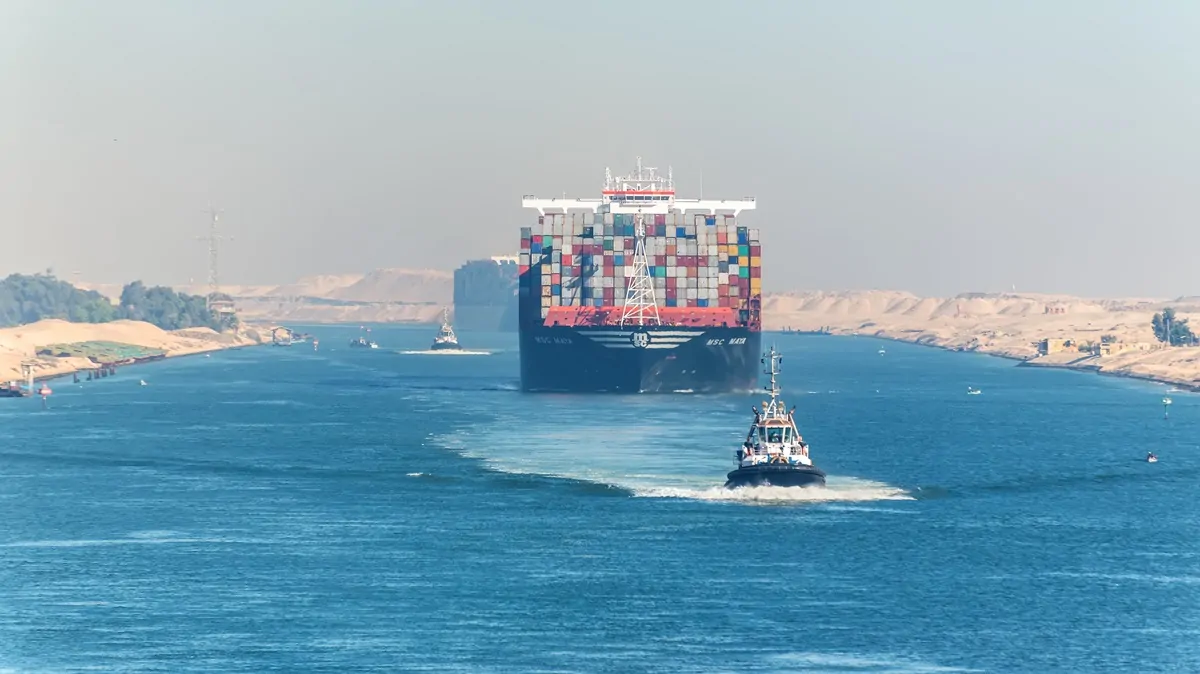-
Address: China, Shenzhen
-
Email: info@chinaglobalhub.com
China Global Hub
China business solutions center
-
Phone: +86 188 0760 4383
-
Telegram: @china_global_hub
China Global Hub
China business solutions center
Chinese Canal: Construction of a New Maritime Route and Its Impact on Global Trade

China is actively promoting the construction of the Chinese Canal, which is intended to be an alternative to the Suez Canal and provide faster and safer routes for international trade. The project includes modern deep-water routes, automated navigation systems, and new logistics hubs, significantly increasing capacity and reducing the risks of blockages of traditional shipping routes.
Advantages of the project:
🚢 Acceleration of cargo delivery by 10–15%
🌏 Expansion of China's control over global trade flows
🔑 Reduction of dependence on the Suez Canal and other strategic routes
Experts note that the implementation of the Chinese Canal has the potential to change the geopolitical balance in global shipping and strengthen China's position as a leading maritime power.